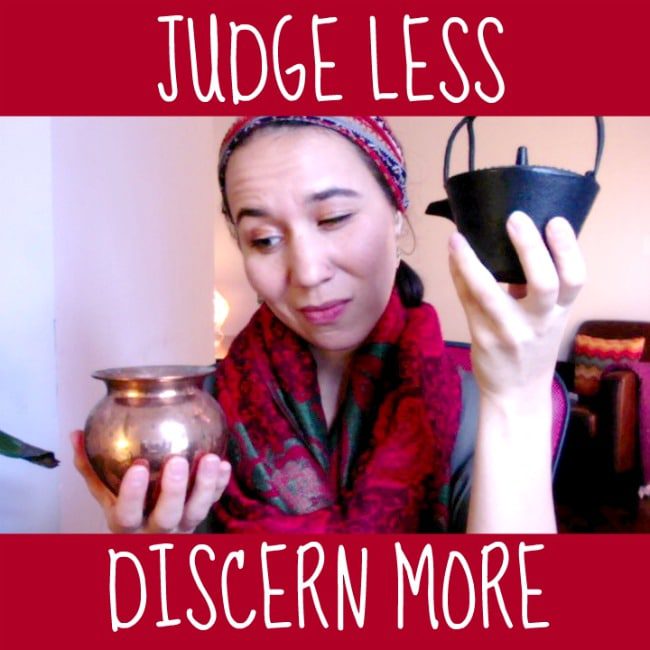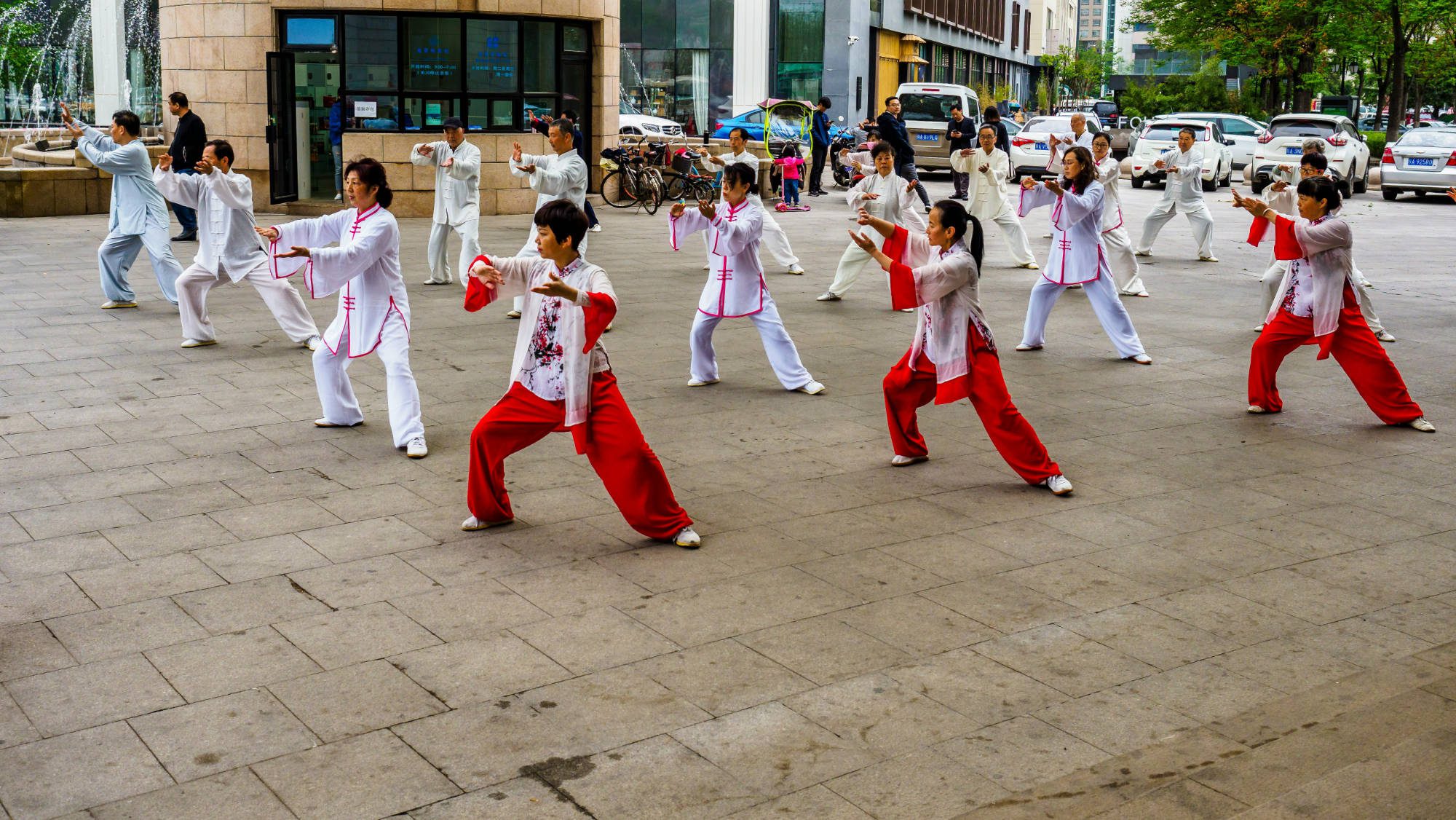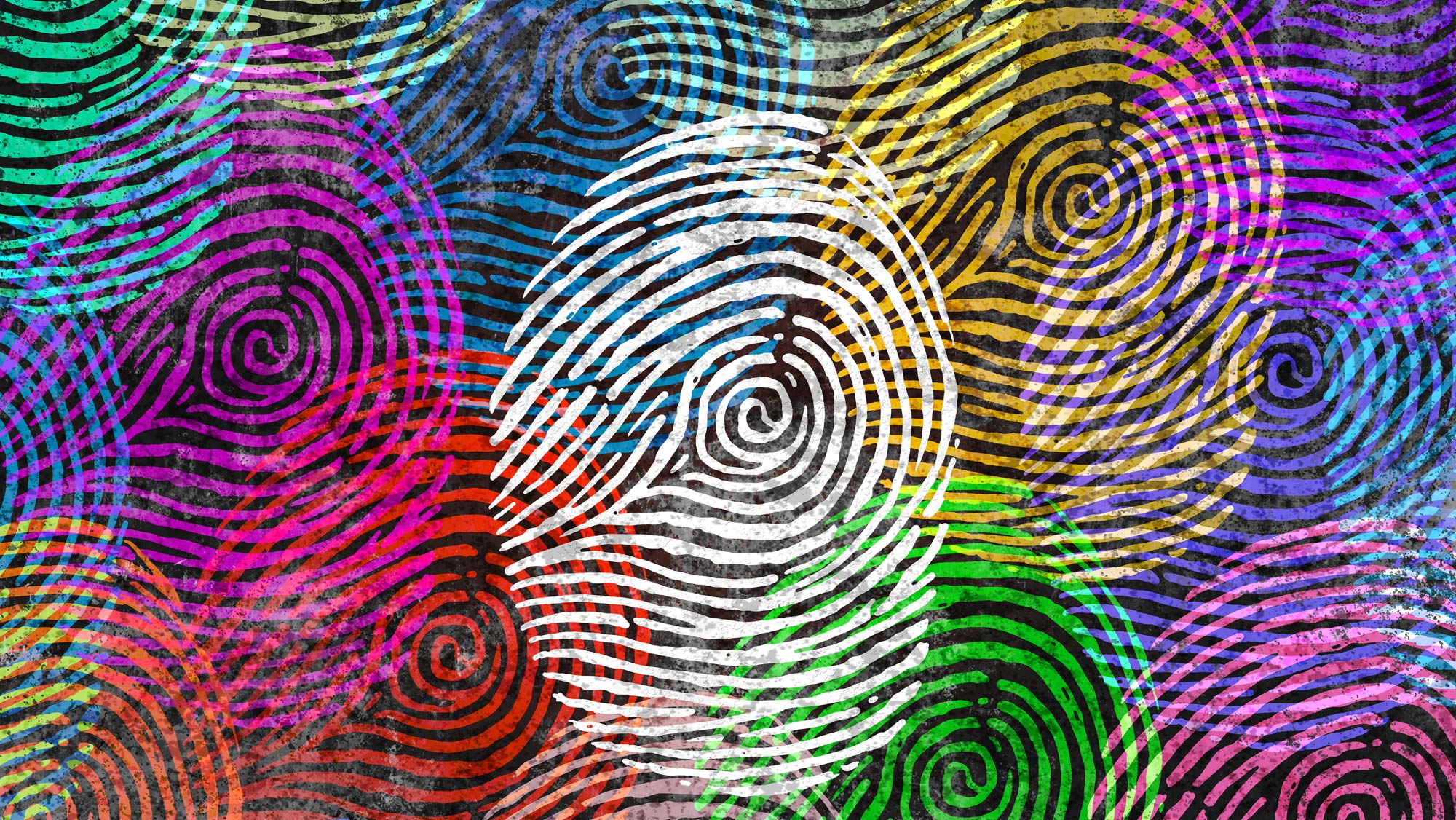Here we will outline how to free yourself from one of the most common compulsions of the mind: judging.
We’re talking about that incessant judgement of people, places and things. Here’s what we’ll cover:
- Why you’d want to cut down on judgmentalness
- How you can live without judgment
- The difference between judgment and discernment.
- How meditation can help you reduce your judgment load for a happier, less polarized life.
Are you in more of a video watching mood or a reading mood? You choose: see the video below or just read on for the full article.
What we mean by ‘judgment’
What is happening when you judge a person, place or thing? Judgement is the expression of your opinion on something’s value.
Judgment is typically characterized by the following:
- Judgment is reactive because it’s based on your pre-existing conditioning: your habituated thinking, biases, likes, dislikes, fears and desires. Judgement tends to happen very quickly, without thinking.
- Judgment involves a power differential–the judger often places themselves in a power position over the judgee. Or one object of judgment is placed above or below another object of judgment;
- Judgement reinforces the ego, lending it more solidity by establishing it as “better” or “worse than” something else.
- Judgment has an air of finality and closed-mindedness: the attitude behind judgment is usually one of righteousness. The ego identifies with the judgment, and interprets any questioning of the judgment as a threat or slight. As a result, when we judge, we tend to be closed off from reconsidering the matter or other points of view.
Reasons to judge less
Judging is so hardwired that it happens reflexively. It’s pretty hard to undo those types of habits–the ones that are so ingrained, you don’t even see them for what they are. Here is why it’s worth the effort to cut back on judgement:
- Judgement is polarizing. It comes from a reactive place, and tends to label something as worse than or better than another thing. Polarizing mental activity is disturbing mental activity– and its mental activity that puts you at odds with people, place and things.
- Judgement tends to be inaccurate, or non-clear seeing. Since it’s an opinion that is churned out almost automatically based on your past conditioning, it has no respect for the unknowns of a situation. When judging, your mind searches its repertoire of situations or people that have a similar flavor to the one at hand, and reminds you of how you experienced those situations in the past. As a result, it is easy to misjudge a situation or a person–you are not seeing the situation at hand, but rather, recalling similar past situations.
- It saps your mental energy and cultivates negativity: Like any egoic tendency, judgment tends to be a snowballing habit that becomes incessant–as such, it sucks up a lot of your mental energy and disturbs the mind. Judgmental thoughts are not peaceful thoughts.
- Here’s a positive way of putting it: less judgment = more relaxation! The next time your face is all screwed up judging the heck out of a situation, relax the tension in your head and shoulders and know that neither you nor the world needs your judgment. Life will go on without it! At ease, soldier.

How can I live without judgment?
It is completely normal to initially feel like we NEED judgment in our lives. How else will we make good decisions and further what is “good”–good for us and good for the world? Don’t we need to make judgment calls?
The surprising answer is no, we don’t. Fortunately, there is a related mental activity that provides what we think of as the benefits of judgement, but without the negatives.
That mental activity is discernment.
What is discernment?
Discernment is when you employ your intellect to, as much as possible, suspend your personal biases in order to see a situation as clearly as possible with the objective of determining the most appropriate action.
A knee-jerk judgment may arise (again, it’s hardwired for the most of us), but learn to see it for what it is. Acknowledge your reactive judgment as based on your past experience. This is a present experience, to which you can apply discernment. And yes, your past experience can influence your discernment in the present. But you will also consider what you don’t know about the situation at hand.
Whenever possible, favor discernment over judgment.
How meditation can help you break the habit of judging
Here is how a meditation practice–even just 15 minutes per day–can free you of the compulsion to judge (rather than discern).
- Meditation builds awareness of your habit. You can’t break a habit if you’re not even aware that you’re doing it–and that’s often the case with judgment. It happens fast and it’s reactive in nature. By regularly turning inward, meditation helps familiarize you with your “inner” world and patterns of mental-emotional behavior. For more on this, see our video and article on how meditation sensitizes you to the subtle activities and objects of the mind.
- Meditation stretches your capacity to accept (rather than condemn) people, places things. A meditation practice cultivates an attitude of acceptance which helps dissipate the tendency to judge or jump to conclusions about things.
- Loving-kindness meditation generates feelings that are mutually exclusive to those that facilitate judgment. With loving-kindness meditations (more on that technique here), you cultivate positive feelings of, well, loving kindness. Such feelings are mutually exclusive to feelings of polarization and negativity. So more loving kindness means less room for judgmental thoughts in your mind.
A meditation exercise to try
Here’s a two-minute meditation that can help train your mind to be less judgmental (and be more discerning):
- Find a quiet space and minimize distractions.
- Sit in a chair or on a mat, whatever is most comfortable, keeping your back straight (to remain alert).
- Set a timer for a chosen amount of time.
- Close your eyes.
- Spend the allotted time resting your attention on th in-and-out of your breath: either how it feels in your chest/abdomen or at your nostrils.
- Don’t try to control your breath, let it happen naturally and just rest your attention on it.
- When you get distracted, acknowledge what the distraction is (a thought? An emotion? A worry? A body sensation?)
- Briefly note the content of the distraction. For example: “Thought: I need to get tickets to the Nutcracker.”
- Gently move your attention back to the exercise.
This is a simple training for being more aware of what’s going on in your mind. When you are more aware of what’s going on, and how thoughts arise, you are better able to recognize judgmental thoughts as they arise (or soon thereafter). This is essential for you to:
- nip such thoughts in the bud,
- choose not to feed them or base your behavior on them,
- Opt to practice discernment instead.
So many benefits to having a meditation practice
Mental clarity is just ONE of the myriad benefits of a regular meditation practice. Explore our videos-articles covering several other benefits below.
- Give yourself a daily vacation with a meditation practice More vacation time with a meditation practice
- Prime your mind to investigate the BIG questions in life with meditation Develop more mental clarity to advance your truth-seeking and deep-thinking
- How to take the ‘problem’ out of your ‘problems’ (meditation to the rescue) Strip the problematic-ness from your problems
- How meditation helps you be less judgmental (and more discerning) Judge less, discern more (and how that makes you happier)
- Use meditation to generate (and spread) positive feelings Generate positive feelings (and spread them) with loving-kindness meditation
- How meditation makes negative feelings more manageable in your day-to-day life Make negative feelings more manageable with this simple technique
- How meditation makes you more like Neo from The Matrix
- Meditation gets you FOCUSED (and therefore happier, and more productive) Train your mind to be more focused (making you happier and more productive)
- Sensitize yourself to the subtleties of experience with meditation Sensitize yourself to the subtle (yet POWERFUL) thoughts and emotions that determine how you interpret the world
- Cultivate the World’s Most Useful Attitude with meditation Develop life’s #1 most useful attitude with meditation: that of acceptance (and why practicing acceptance does NOT make you a doormat)
Questions or comments about meditation or your meditation practice?
We’d love to hear them! Please leave them in the comments below.







